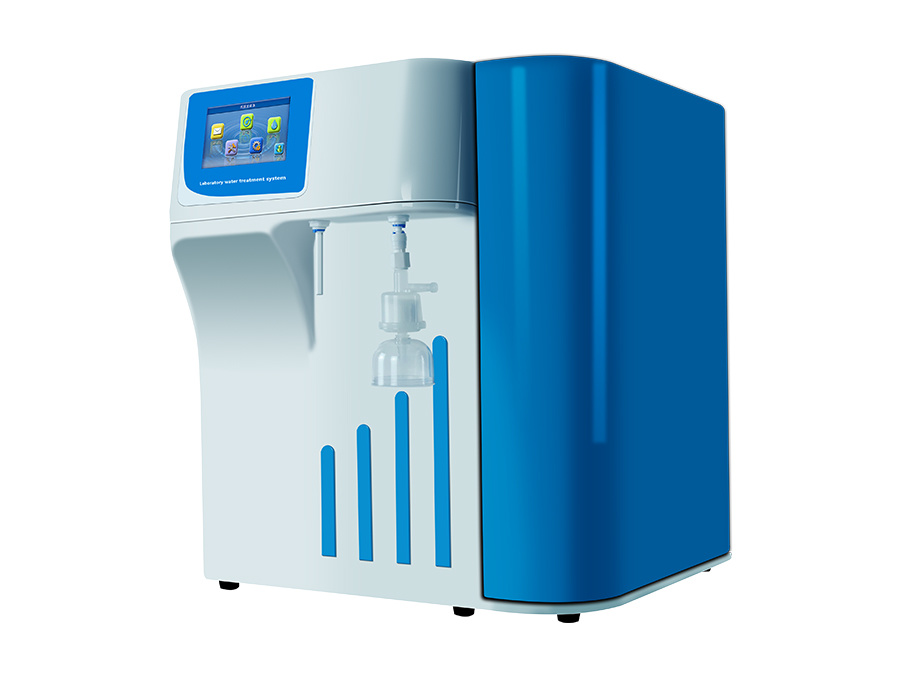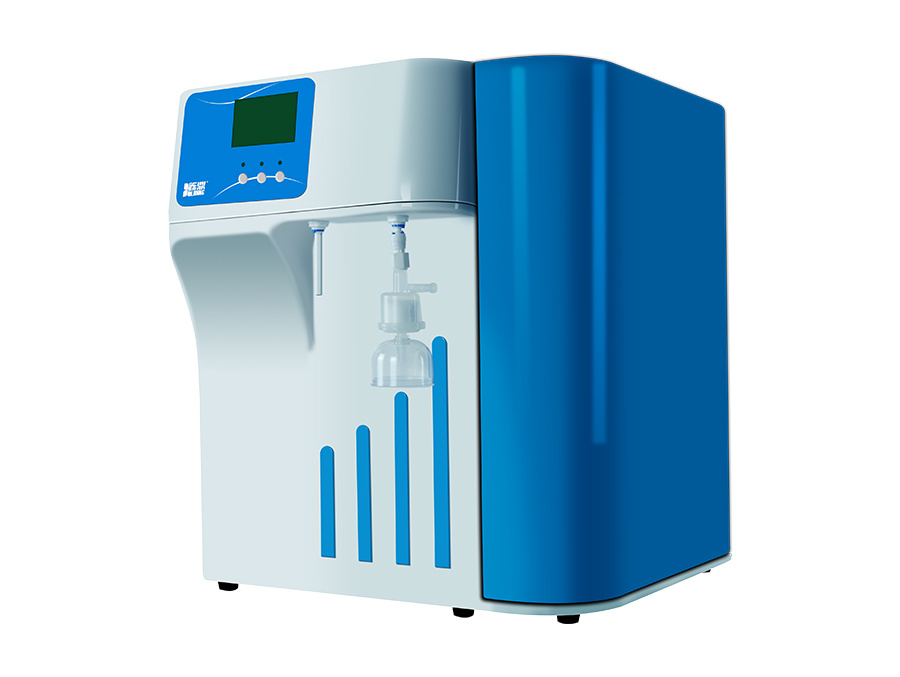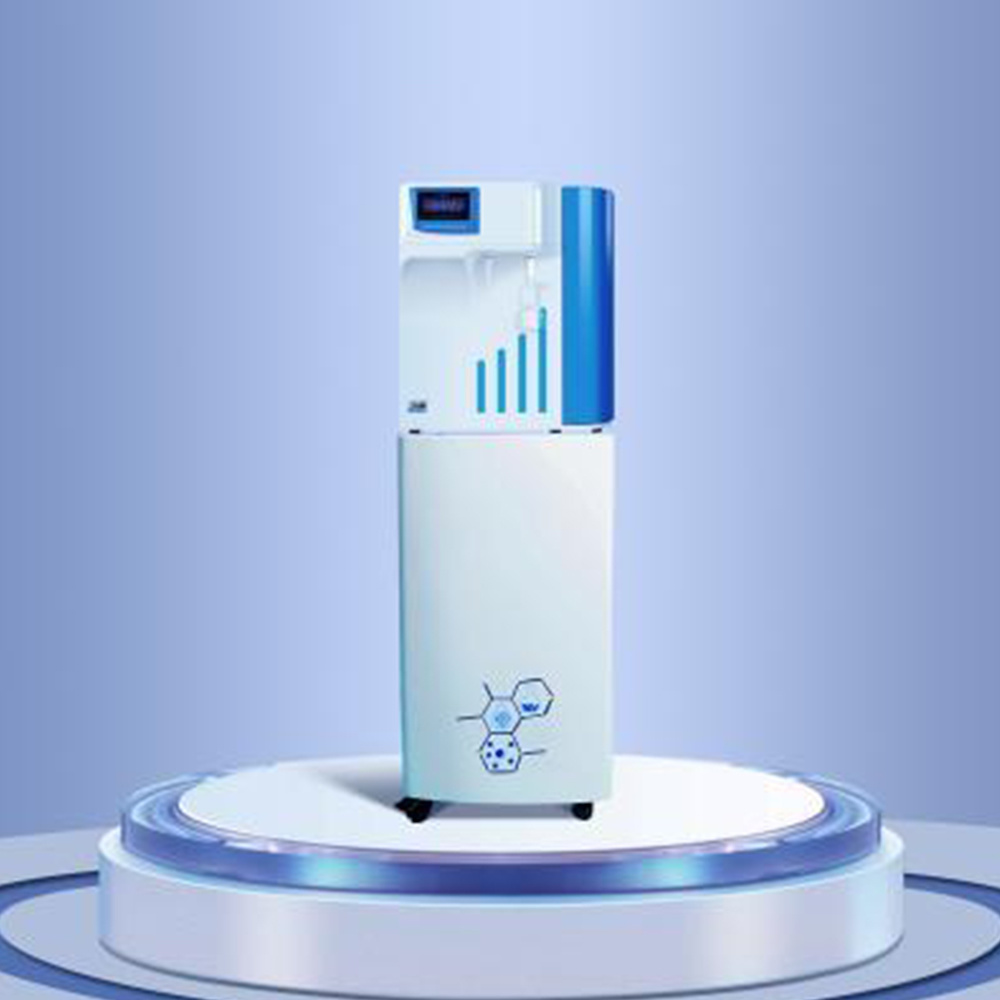Understanding Ultrapure Water Systems for Laboratory Applications
Time:
Jun 28,2025
In a laboratory environment, the quality of water is crucial for ensuring accurate results and maintaining the integrity of experiments. An ultrapure water system is specifically designed to produce water of exceptional purity, suitable for a wide range of applications across different scientific and industrial fields. These systems are essential for laboratories where even trace impurities can adversely affect experimental outcomes or the performance of sensitive equipment.
Ultrapure water is typically defined as water that has undergone extensive purification processes to remove contaminants, including ions, organic compounds, and microorganisms. The production of ultrapure water usually involves multiple purification stages. Common methods include reverse osmosis, deionization, distillation, and advanced filtration techniques. Each method targets specific types of contaminants to ensure that the final product meets stringent purity standards.
One of the primary applications of ultrapure water in laboratories is in analytical chemistry, where it is used as a solvent and reagent. The presence of impurities in solvents can lead to inaccurate measurements and compromised data integrity. Similarly, in biological research, ultrapure water is essential for preparing samples and reagents, as well as for cleaning laboratory glassware. This ensures that experiments are not contaminated by residual chemicals or microorganisms.
In addition to analytical chemistry and biology, ultrapure water systems are also critical in the manufacturing of pharmaceuticals and semiconductors. The pharmaceutical industry requires ultrapure water for drug formulation and production processes, where even minute levels of contaminants can affect safety and efficacy. In semiconductor fabrication, ultrapure water is used during the cleaning and rinsing processes, which are vital for maintaining the quality of microchips.
When selecting an ultrapure water system for laboratory use, several factors should be considered, including the required purity level, the volume of water needed, and the specific applications intended. It's also important to evaluate the system’s operational costs, maintenance requirements, and overall efficiency. Investing in a high-quality ultrapure water system can significantly enhance research capabilities and ensure compliance with industry standards.
In conclusion, ultrapure water systems are indispensable tools in laboratory settings, providing the high-quality water necessary for precise scientific work. By understanding their design, functionality, and applications, laboratories can better meet their water purity needs and achieve reliable results across various fields of study.
Ultrapure water is typically defined as water that has undergone extensive purification processes to remove contaminants, including ions, organic compounds, and microorganisms. The production of ultrapure water usually involves multiple purification stages. Common methods include reverse osmosis, deionization, distillation, and advanced filtration techniques. Each method targets specific types of contaminants to ensure that the final product meets stringent purity standards.
One of the primary applications of ultrapure water in laboratories is in analytical chemistry, where it is used as a solvent and reagent. The presence of impurities in solvents can lead to inaccurate measurements and compromised data integrity. Similarly, in biological research, ultrapure water is essential for preparing samples and reagents, as well as for cleaning laboratory glassware. This ensures that experiments are not contaminated by residual chemicals or microorganisms.
In addition to analytical chemistry and biology, ultrapure water systems are also critical in the manufacturing of pharmaceuticals and semiconductors. The pharmaceutical industry requires ultrapure water for drug formulation and production processes, where even minute levels of contaminants can affect safety and efficacy. In semiconductor fabrication, ultrapure water is used during the cleaning and rinsing processes, which are vital for maintaining the quality of microchips.
When selecting an ultrapure water system for laboratory use, several factors should be considered, including the required purity level, the volume of water needed, and the specific applications intended. It's also important to evaluate the system’s operational costs, maintenance requirements, and overall efficiency. Investing in a high-quality ultrapure water system can significantly enhance research capabilities and ensure compliance with industry standards.
In conclusion, ultrapure water systems are indispensable tools in laboratory settings, providing the high-quality water necessary for precise scientific work. By understanding their design, functionality, and applications, laboratories can better meet their water purity needs and achieve reliable results across various fields of study.
RELATED NEWS







